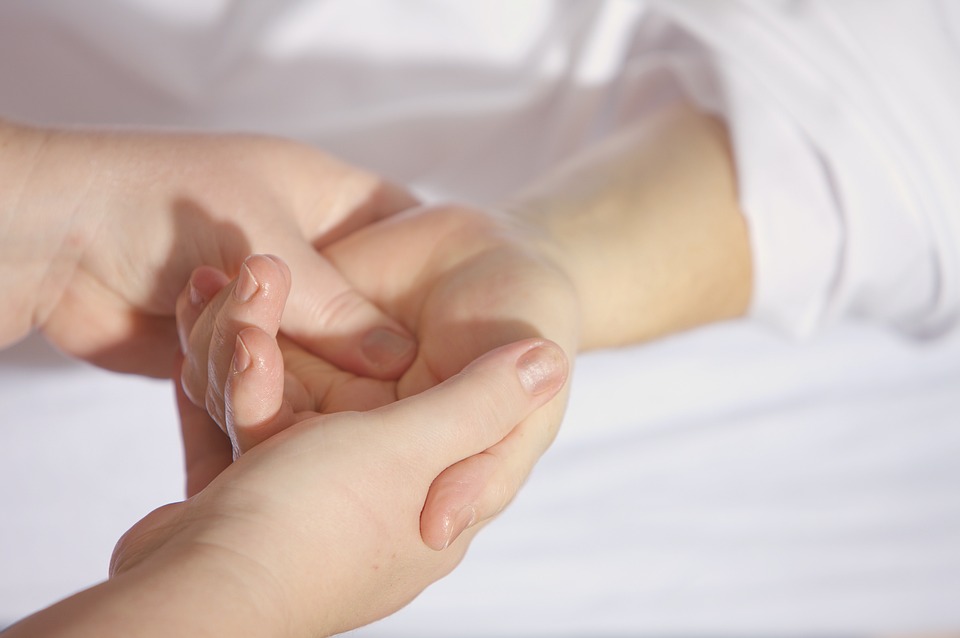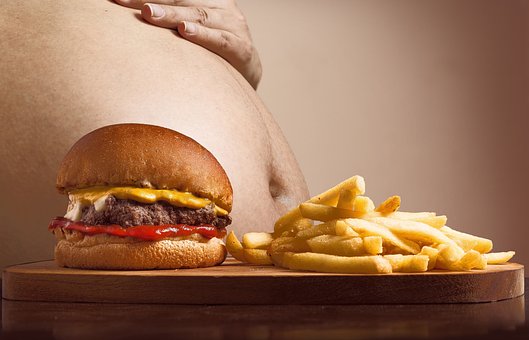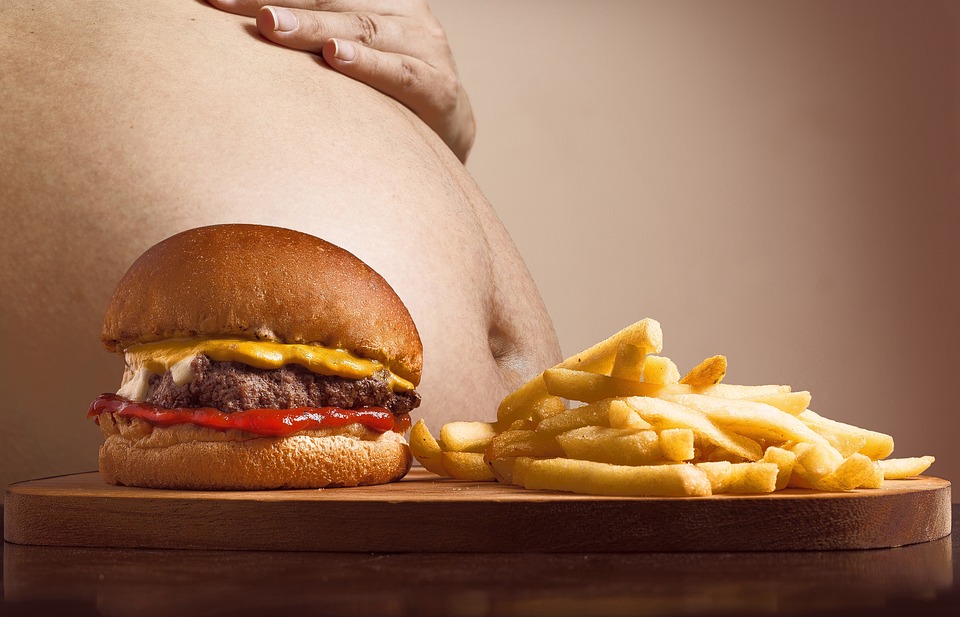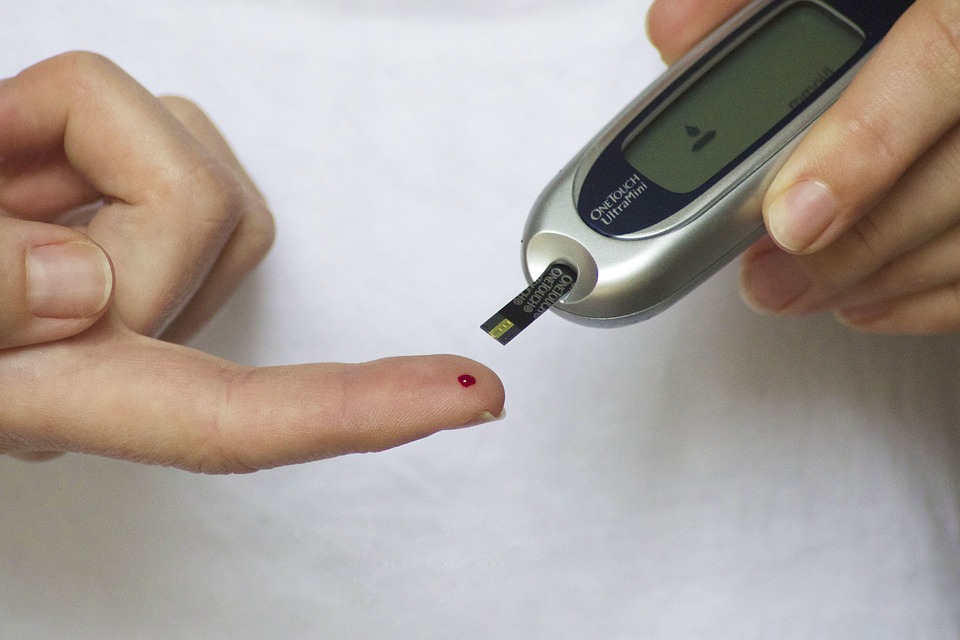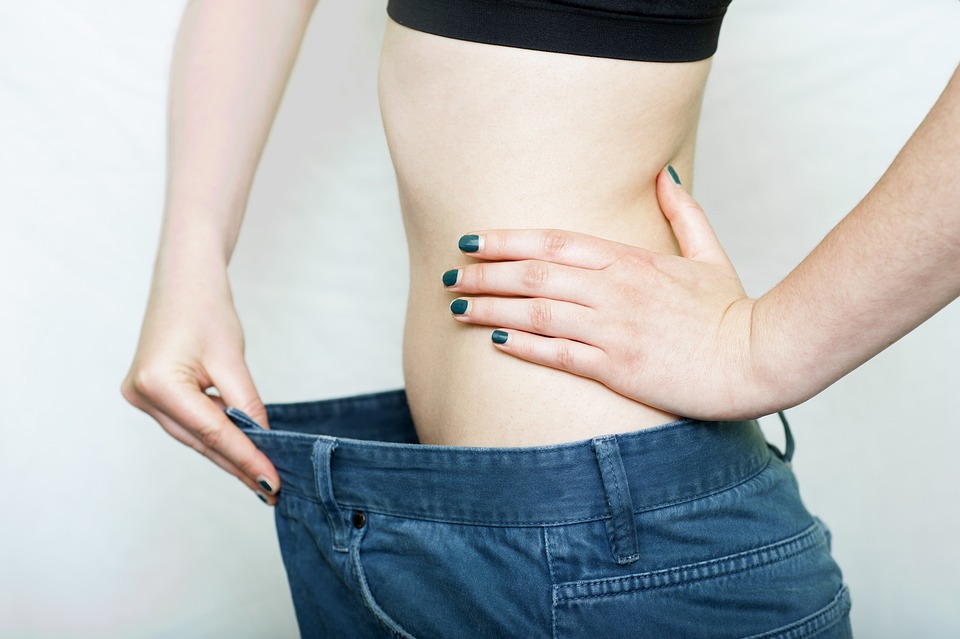
About Obesity
There is an increasing number of Australians who are overweight or obese. Too much body fat is a problem for 75% of men and 60% of women. 25% of children are also obese or overweight. The rate of obesity is increasing, which means that the rate of obesity-related disorders (such as coronary heart disease and diabetes) is also increasing.
No magic weight loss potion
There are many unhealthy misconceptions about weight loss. No food can magically melt away excess body fat, there is no special combination of foods that can do this. To reduce your weight, you need to make some small changes to your lifestyle.
If you want to lose weight and keep it off, you need to change your diet and be more physically active.
Understanding energy from food
We get different nutrients from the food we eat. This refers to vitamins, minerals, antioxidants, and energy from carbohydrates, protein, and fat.
Alcohol does not provide the body with essential nutrients, so it is not considered a macronutrient.
Kilojoules in food
In Australia, kilojoules are used to measure the amount of energy in food or drink. Calories are another way of measuring energy. They are commonly used in the United States.
The macronutrients each supply a different amount of energy per gram:
- carbohydrate = 16kJ
- protein = 17kJ
- fat = 37kJ
- alcohol = 29kJ.
A 35-gram slice of bread has 360 kilojoules of energy while 35 grams of butter has 1062 kilojoules of energy, which is almost 3 times as much as the slice of bread.
This does not mean that fats are not part of a nutritious diet, because they are. What is important is the type and amount of fat we eat.
Balancing energy needs
Our energy needs vary depending on factors such as:
- age
- body size
- gender
- how active you are
- your genetics
- whether you’re pregnant or breastfeeding.
The key is to have a healthy diet and eat enough nutrient-dense foods. You need to limit the amount of energy-dense, nutrient-poor foods you eat if you want to be a healthy weight.
If you consume more calories than you burn, you will gain weight, regardless of whether those calories come from fat, carbohydrates, or protein.
There are many myths about weight management. Let’s dispel some of them.
Carbohydrates do not make you fat
Carbohydrates are a necessary part of a healthy diet and lifestyle. They are the body’s preferred energy source, and they fuel vital organs, including the brain, the central nervous system, and the kidneys.
Carbohydrates are also an important energy source during exercise. The digestive system breaks down carbohydrates into glucose, and the pancreas secretes a hormone called insulin to help glucose move from the blood into the cells.
You won’t gain weight just by eating a potato, a bowl of pasta, or any other carb-heavy food. This means that around half of the food you eat should be carbohydrates.
Some carbohydrates are healthier than others. This means that eating foods with lower glycaemic indexes will result in a slower and flatter blood glucose response. Slow-digesting foods can help us feel full. Whole grains, legumes, and fruit are less processed and therefore lower on the GI scale.
If you are on a low-carbohydrate diet and cutting out large groups of vegetables, fruits, and grains, you may not be getting enough vital nutrients to manage your weight effectively. Diets like this can lead to micronutrient deficiencies and constipation because they don’t have enough fiber.
Single-food diets don’t work
Many diets are based on the idea that the digestive system can’t handle a combination of different foods or nutrients. Often, people think that carbohydrates and proteins ‘clash’, causing digestive issues and weight gain, when that is not the case.
If two foods are eaten together, they can help the digestive system. Oranges can help your body absorb more iron from plant-based sources.
Most foods are a mixture of carbohydrates and proteins, not just one or the other. The digestive system has enzymes that are perfectly capable of breaking down all the foods we eat, so we should not avoid eating a single food.
Superfoods can’t help with weight loss
Some people believe that consuming certain foods can help with weight loss. For example, grapefruit, celery, or kelp are claimed to boost metabolism or burn fat. But this is not true.
Fiber from food is the best option in terms of special dietary qualities because it provides a feeling of ‘fullness’ while minimizing kilojoules. Foods that are high in fiber are usually high in nutrients and low in unhealthy fats.
The term ‘superfood’ is used a lot but there is no standard definition of what a superfood must be. Most “superfoods” are plants, such as acai berries, wheatgrass, spirulina, salmon, leafy greens, tea, and turmeric. Fruits and vegetables are healthy, but they don’t have a lot of calories.
You can include these foods in your diet if you like them and can afford them. There is nothing unhealthy about eating them. You won’t get significant health benefits by eating just a few of these with a bad diet. Your overall dietary pattern has the biggest impact on your health.
Skipping meals will not make you lose weight
It is simple enough to understand that if you do not eat then the weight will come off, but skipping meals does not always work. If you don’t eat enough, you’ll feel tired and sluggish, and your body won’t get the nutrients it needs. If you don’t eat regularly, you’re more likely to overeat and make unhealthy food choices when you do eat. In the long run, skipping meals is not going to help with weight loss.
The important thing to losing weight and keeping it off is to make small, achievable changes to your eating and exercise habits:
- Choose from a wide range of foods every day.
- Eat less-processed foods.
- Have a regular pattern of eating.
- Increase the amount you move each day to burn extra energy.
Eliminating foods will not lead to weight loss
You won’t lose weight by necessarily eliminating whole food groups from your diet.
If you do not have any dietary restrictions and you are not trying to lose weight, then there is no need to cut animal products out of your diet. To lose weight, you would need to consume fewer kilojoules than you burn. This is true regardless of whether your diet includes animal products or not.
Studies have found that a vegetarian diet can help with weight loss and reduce the risk of certain health issues, such as high blood pressure and heart disease. Weight gain can still occur from eating vegetarian foods, especially if those foods are high in fats and added sugars or if they’re eaten in large amounts.
For people who are sensitive to gluten or have coeliac disease, going gluten-free is a healthy choice. If you don’t have one of the following health conditions, then you don’t need to follow a gluten-free diet. If you only eat meat and vegetables, you may not be getting all the nutrients your body needs. While you may think you are making a healthier choice by picking foods that are labeled ‘gluten-free’, you may actually be causing yourself to gain weight. This is because these foods are often very processed and lack the fiber content that would help to fill you up.
Many drinks contribute to weight gain
We need to drink fluids to prevent dehydration, and water is the best option. This drink also does not have any kilojoules, which is different from most other drinks.
Milk is a great choice for a nutritious drink – it is full of energy and nutrients.
Other drinks generally have more calories from added sugars without the health benefits that come from other nutrients. These include:
- soft drinks and slushies
- alcohol
- sports drinks
- flavored milk
- packaged iced teas
- coffee made with full cream milk and flavored syrup.
Unused energy from drinks will be stored as fat by our bodies. You can still enjoy these drinks occasionally as part of a balanced diet, but be aware of how much you’re consuming. For instance:
- Reducing a daily cola intake from 2 x 600mL bottles (2088kJ) to 1 x 200mL mini can (348kJ) = 25 teaspoons less added sugar per day.
Over a year, a small change like this could lead to a weight loss of over 17kg.
Eating “clean”, raw, or organic foods are not necessarily the solution to weight loss.
While foods that are considered clean, raw, or organic may be nutritious, this is not always the case. Eating minimally processed foods has benefits. You will be missing out on many other nutritious foods if you eliminate whole food groups from your diet.
Be careful of products that claim to be organic. Just because a food is organic, doesn’t mean it’s good for you to eat all the time.
8 Tips To Help You Melt Fat Like Butter
1. Implement Regular Cheat Or Refeed Days
Dieting, especially intense dieting, can result in a slower metabolic rate. Your body burns fewer calories each day because it isn’t getting the calories it needs to create energy.
If you are dieting and consuming 500 calories less than you need, you should add cheat or refeed days to improve your metabolism. On refeed days, you are supposed to eat a lot of carbs, and on cheat days, you eat whatever you’re craving.
Both days are meant to ensure you consume more calories than you normally would. When you don’t have enough energy, your body starts to store it so that it can use it later.
By boosting your metabolism, you burn more fat.
2. Go Easy On The Steady-State Cardio
Steady-state cardio will not help you burn calories over a long period of time. It can also make you more hungry, which makes it harder to stay on your diet. If you do a lot of steady-state cardio each week, it can make it hard to lift heavy weights, which is important for keeping your muscles while you’re dieting.
You shouldn’t assume that you’ve burned a lot of calories just because you’ve spent an hour on a cardio machine, according to Jen Jewell, who is sponsored by Cellucor.
Interval training, which alternates periods of high-intensity exercise with low-intensity recovery periods, is a more effective way to preserve muscle tissue and boost your metabolic rate.
3. Increase The Protein Content Of Your Diet Plan
If you want to maintain a high metabolism, add more lean protein to your diet. This will help you keep your muscle mass, which is essential for high metabolism. Although eating protein requires more calories to digest, it also burns more calories in the process.
I’m referring to the process of digesting protein. Protein burns more energy than carbs or fats. Plus, protein combats hunger better than any other nutrient.
You should consume at least 1 gram of protein per pound of body weight when you’re trying to burn fat.
4. Don’t Fear Carbohydrates, Time Them!
In this era, everyone believes that carbs are bad for you because of the low-carb dieting trend. Eating carbs can actually help you lose weight by keeping your body’s leptin levels in check.
Yes, people who follow low-carbohydrate diets may see rapid weight loss at the start. The people who tend to plateau faster are the ones who consume carbs.
Choose wholesome, high-fiber, and low-sugar carbs and time them close to your workout so they’ll be available to power you through your lifts. It is important to include complex carbohydrates in your diet.
5. Think Twice About Eliminating Dairy
Many people who are not allergic to dairy avoid consuming it when they are trying to lose weight. Although some people think that avoiding dairy is the best way to lose weight, research suggests that including dairy as part of a fat-loss diet results in greater overall fat loss in the abdominal region.
Some healthier alternatives to traditional dairy products are Greek yogurt, low-fat cottage cheese, and reduced-fat hard cheese. These options have less fat and sugar than their counterparts.
6. Use Fat Burners Wisely
Some people use fat burners while they are dieting to give themselves an extra advantage. That’s fine—just don’t abuse them. If you take a fat burner that contains stimulants, your body will be under stress, which can lead to problems such as exhaustion, illness, or a decrease in productivity.
There are several types of stimulant-free fat burners on the market:
- Resveratrol: Supports healthy blood glucose levels and recovery from exercise-induced inflammation
- Carnitine: Affects the transport of fat within cells
- Capsinoids: Supports your body’s ability to burn calories and fat
Non-stimulant fat burners are not magic pills that will help you lose weight without exercise or eating correctly. They are, however, safe to take.
7. Get More Sleep
If you want to be well-rested, make sure you get enough sleep. You may have heard that you need to sleep for eight hours per night. If you don’t get enough sleep, you may have a harder time losing weight because you may be more resistant to insulin, have lower testosterone levels, and have a stronger appetite.
8. Take Omega-3 Fatty Acids
You should take omega-3 fatty acids every day, no matter what your goals are. Supplements can help improve your insulin sensitivity, support your immune system, optimize your metabolic rate, and reduce your risk of many different health conditions and diseases.
If you’re not eating salmon multiple times per week, you should take an omega-3 capsule with 3-6 grams of it every day.

